Israel's military reported that it killed Hezbollah's top commander, Fuad Shukr, in an airstrike on Beirut on Tuesday. This strike was in retaliation for a cross-border rocket attack three days prior, which killed 12 young people and was attributed to Hezbollah by Israel.
A loud explosion and smoke were seen rising from Beirut's southern suburbs, a Hezbollah stronghold, around 7:40 p.m. local time, according to a Reuters witness. Israeli Defense Minister Yoav Gallant confirmed Shukr's death, noting his significant involvement in past attacks on Israelis.
There has been no immediate response from Hezbollah, which has denied any involvement in the initial rocket attack on the Golan Heights. A senior security source from another regional country confirmed Shukr's death from the airstrike. The strike also resulted in the deaths of three civilians, including two children, and injured 74 others.
The attack has drawn widespread condemnation from Lebanese officials and Hezbollah's regional allies, including Hamas, the Houthis, Syria, and Iran. The White House reiterated its commitment to Israel's security while emphasizing the pursuit of a diplomatic solution.
In response to the tensions, the UN Special Coordinator, Jeanine Hennis-Plasschaert, called for calm and urged both Israel and Lebanon to seek diplomatic avenues to end hostilities.
Despite the airstrike, the Israeli military has not issued new civil defense instructions, indicating that further strikes may not be immediately planned. However, ongoing rocket exchanges between Hezbollah and Israel raise concerns about potential escalation. Lebanese Foreign Minister Abdallah Bou Habib condemned the Israeli strike and expressed hope for a proportionate response from Hezbollah to prevent further escalation.



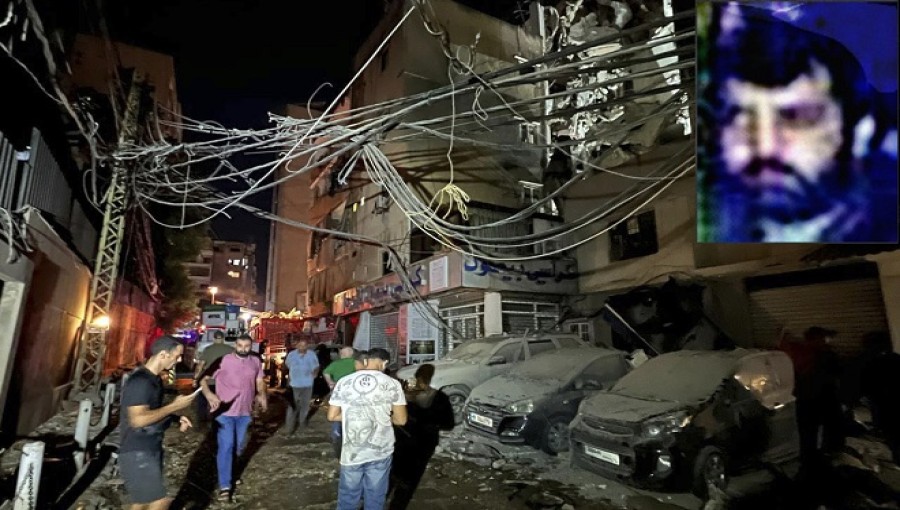
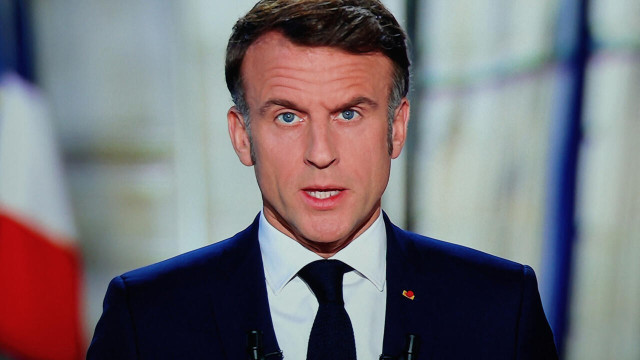

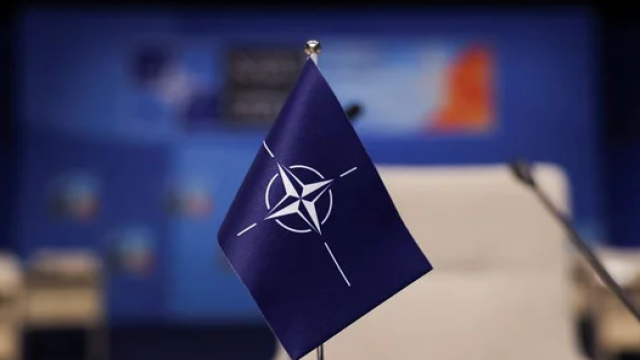
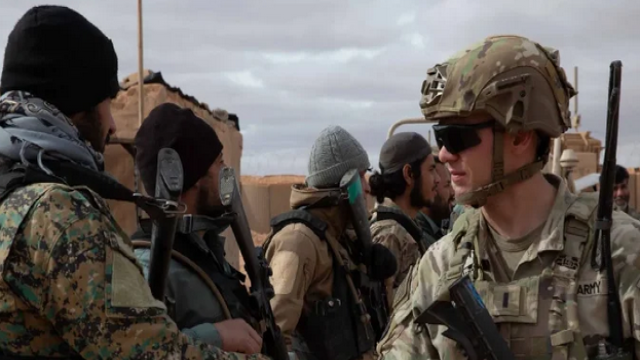

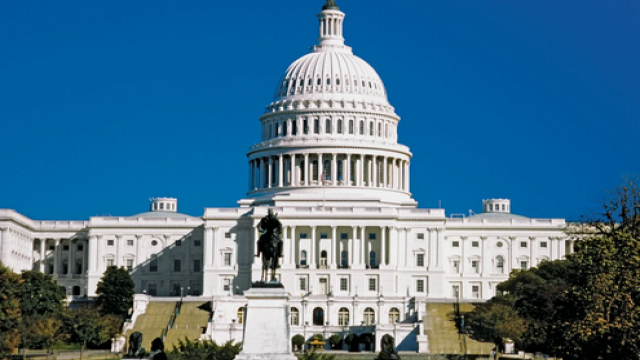
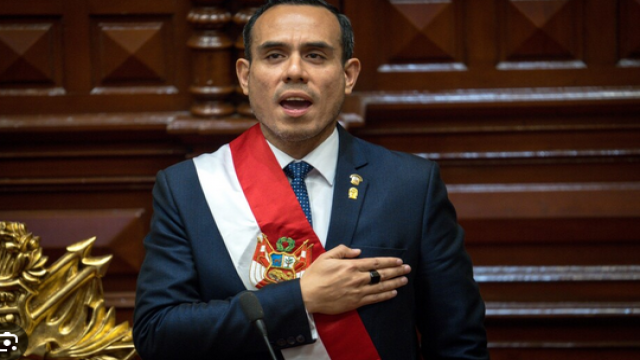

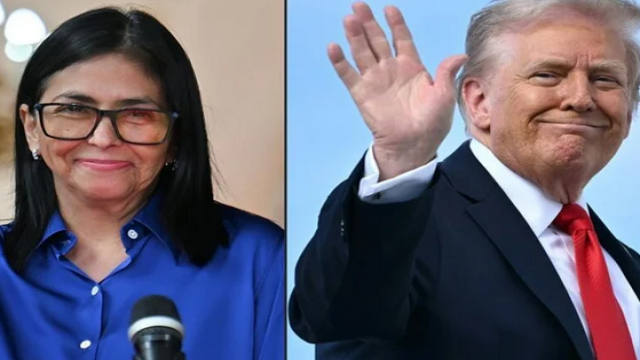
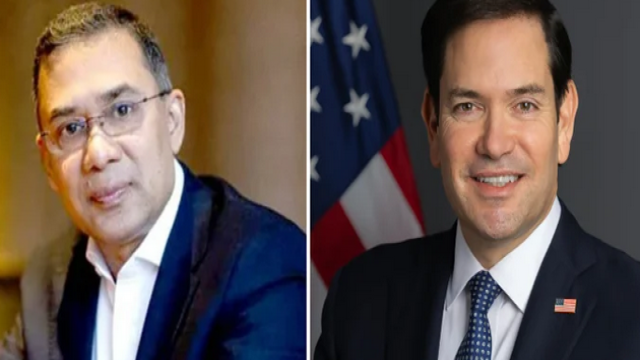
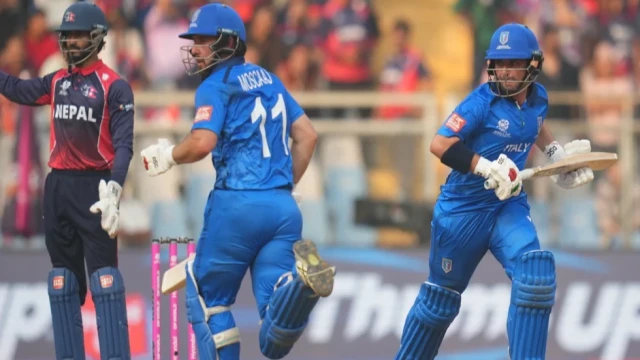
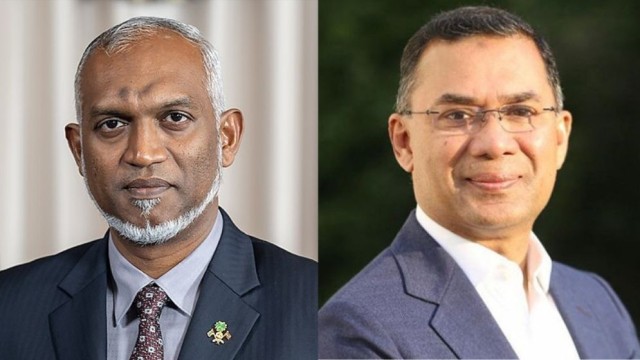
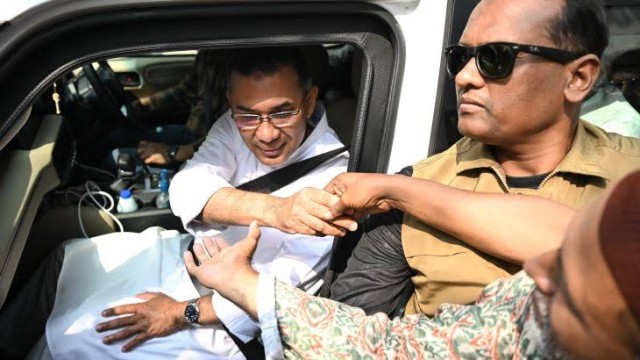
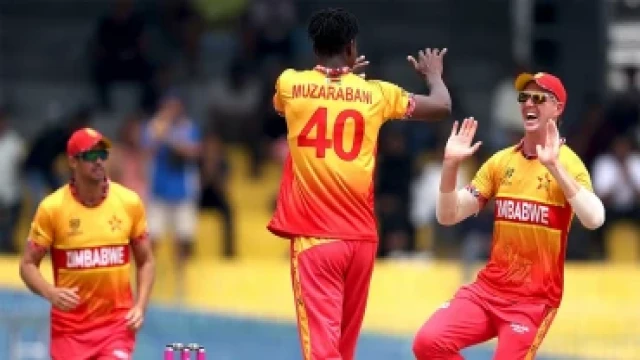











Comment: